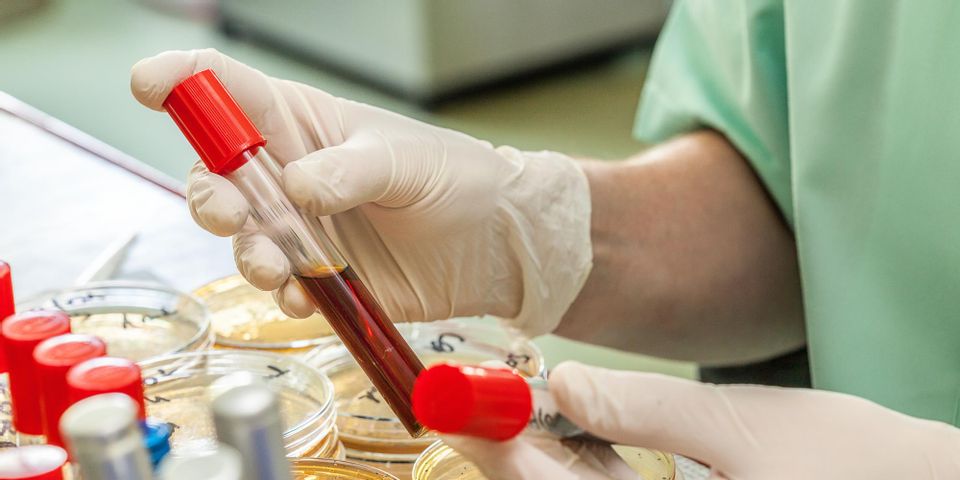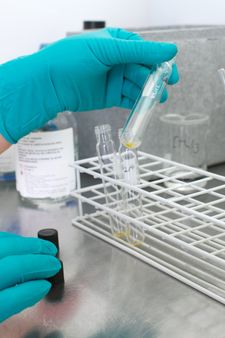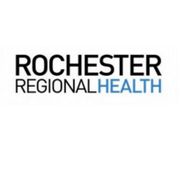5 FAQ About Drug Testing

Workplaces, schools, and a variety of other institutions conduct drug testing for many reasons. Most evaluations determine if a participant is fit for a job or athletic activity, while others help officials identify legal issues and seek help for needy individuals. If you are part of an organization interested in screening tests, Rochester Regional Health Laboratories in New York answers the most common questions about the process and its benefits.
What You Need to Know About Drug Testing
What Are the Different Types of Drug Testing?
 Laboratories spend much of their time completing pre-employment tests and random, work-related evaluations. If an accident happens on the job, blood and urine tests will help determine if substance abuse was a factor. In some cases, testing is necessary for finding fault in legal cases. Lab tests also assist with athletic and student screenings.
Laboratories spend much of their time completing pre-employment tests and random, work-related evaluations. If an accident happens on the job, blood and urine tests will help determine if substance abuse was a factor. In some cases, testing is necessary for finding fault in legal cases. Lab tests also assist with athletic and student screenings.
How Is Testing Completed?
Labs commonly use a sample of a person’s urine or saliva to complete a screening. They can also utilize blood and hair samples. Urinalyses are most common and affordable, but hair testing is the most reliable way to check for drug use over a 90-day period.
What Do Screenings Test For?
Many five-panel evaluations test for the presence of drugs like cocaine, marijuana, alcohol, nicotine, and amphetamine. They also have the ability to detect methamphetamines, opiates, and heroin. The most sophisticated 10-panel screenings can also identify MDMA, benzodiazepines, barbiturates, and narcotic prescriptions.
How Long Is a Drug Detectable?
It depends on the chemical makeup of the substance, as well as how often the person uses the drug. For example, amphetamines, methamphetamines, and heroin are present in the body for up to two days. Cocaine and methadone are detectable for one to two days longer, while the chronic use of substances like marijuana, benzodiazepines, and barbiturates can stay in the body for weeks at a time.
Is All Drug Testing Legal?
Private, federal, and state employees are all legally subject to drug tests. Some states now protect workers who are permitted to use medical marijuana, although rules vary greatly. According to the National Institute on Drug Abuse, screening in public schools is also legal. When collegiate athletes participate in associations, such as the NCAA, they agree to the possibility of random drug testing. Many states also require driver’s license holders to be subject to alcohol and drug evaluations for any reason.
The best way to ensure your screening program is both legal and accurate is to speak with a lab test expert. To get started with drug testing or ask questions about the process, contact Rochester Regional Health Laboratories. Find the screening test location nearest you by visiting their website. For more information about local health care options and preventive care, call (800) 525-5227 today.
About the Business
Have a question? Ask the experts!
Send your question

